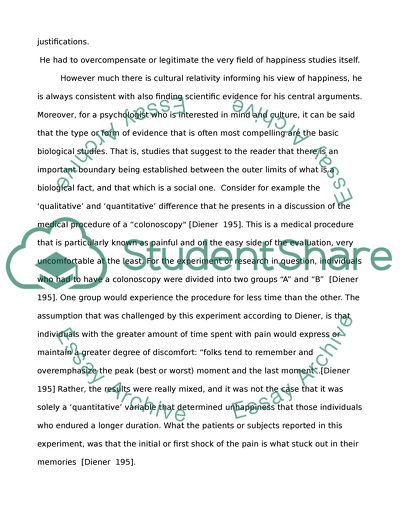Cite this document
(“Principles of Positive Psychology Research Paper”, n.d.)
Retrieved de https://studentshare.org/psychology/1424787-principles-of-positive-psychology
Retrieved de https://studentshare.org/psychology/1424787-principles-of-positive-psychology
(Principles of Positive Psychology Research Paper)
https://studentshare.org/psychology/1424787-principles-of-positive-psychology.
https://studentshare.org/psychology/1424787-principles-of-positive-psychology.
“Principles of Positive Psychology Research Paper”, n.d. https://studentshare.org/psychology/1424787-principles-of-positive-psychology.


